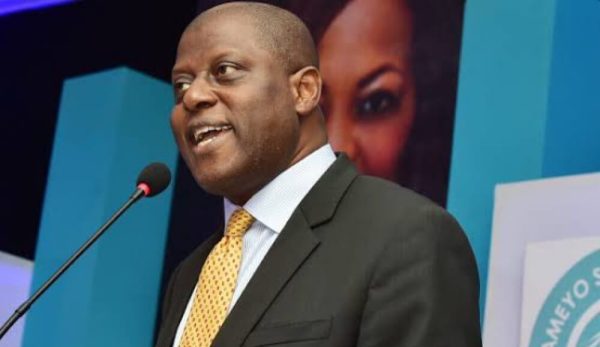Members of the Organised Private Sector and economists have expressed fear over the latest hike in the nation’s benchmark interest (Monetary Policy Rate) by the Monetary Policy Committee, saying the decision could significantly hamper economic operators’ ability to repay their loans.
At the end of its 295th meeting on Tuesday, the Governor of the Central Bank of Nigeria, Olayemi Cardoso, who also doubles as the chairman of the MPC, announced the decision of the committee.
The MPC raised the interest rate by 150 basis points to 26.25 per cent from 24.74 per cent.
Tuesday’s MPR hike became the third consecutive rise in the benchmark interest rate this year.
Since February when the MPC resumed, the policymakers have increased the MPR by 750 basis points.
The MPR was increased by 400 basis points from 18.75 per cent to 22.75 per cent in February. It was increased by 200 basis points to 24.75 per cent in March.
In a press briefing held after the MPC meeting on Tuesday, Cardoso defended the decision to hike the MPR again.
Cardoso said, “The key focus of the MPC at this meeting remained to achieve price stability by effectively using tools available to the monetary authority to rein in inflation. Members observed that while year-on-year headline inflation in April 2024 rose moderately, the month-on-month measures of headline, food and core all declined significantly. This follows a decline (month-on-month) of headline and food measures in March 2024, suggesting that the recent tight monetary policy stance of the Bank is beginning to yield the desired outcomes.”
Cardoso added, “For the first time since October, we have seen a relatively significant moderation in the rate of increase and that is working. I believe very strongly that the tool that the central bank is using is working. I have said it before, there is no magic wand, these are things that need to take their own time. I’m confident and the figures show that we are beginning to get some relief and I believe in a couple of more months, we will see some positive reports on the effects of what the CBN is doing.”
The MPC has maintained a hawkish stance as it battles inflation amid a challenging economic climate.
As of April, Nigeria’s inflation rate had risen to 33.69 per cent. The April 2024 headline inflation rate showed an increase of 0.49 per cent points when compared to the March 2024 headline inflation rate, according to the National Bureau of Statistics.
The NBS said that on a year-on-year basis, the headline inflation rate was 11.47 per cent points higher compared to the rate recorded in April 2023, which was 22.22 per cent. Food Inflation was 40.53 per cent in April 2024.
On the continued volatility of the naira, Cardoso said the MPC linked the development to the free market system.
“Members further observed the recent volatility in the foreign exchange market attributing this to seasonal demand, a reflection of the interplay between demand and supply of a freely functioning market system. The committee also noticed the marginal increase in the foreign reserve between March and April 2024,” he said.
SOURCE: PUNCHNG












